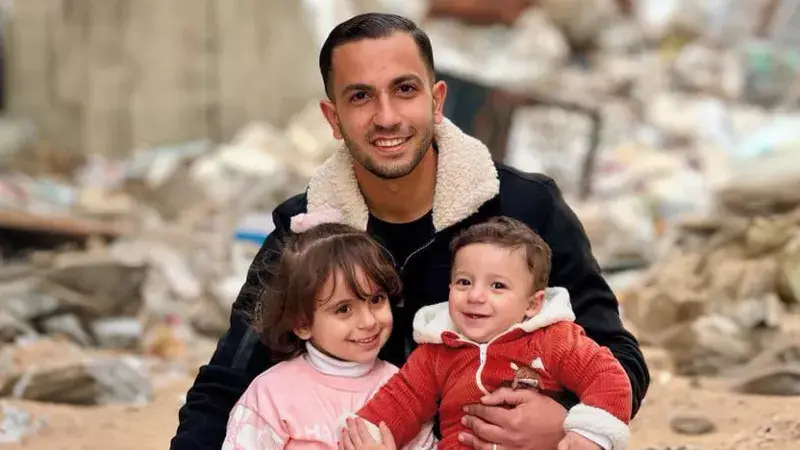
Anas al-Sharif, ‘Voice of Gaza,’ Killed in Targeted Israeli Airstrike
Gaza City, 10 August 2025 — Anas Jamal Mahmoud al-Sharif, a 28-year-old Palestinian journalist for Al Jazeera Arabic and one of Gaza’s most recognized correspondents, was tragically killed in an Israeli airstrike on Sunday night. The strike targeted a media tent outside Al-Shifa Hospital in Gaza City and also claimed the lives of four of his colleagues and two others. (en.wikipedia.org, Reuters, Al Jazeera)
Al-Sharif, known for his courageous frontline reporting since the onset of the Gaza war, was part of a Reuters team honored with the 2024 Pulitzer Prize for Breaking News Photography. (en.wikipedia.org, Reuters) His coverage often depicted the devastating human toll of relentless bombardment and deprivation in Gaza—earning him not only professional accolades but also a place in the hearts of viewers across the Arab world. (thenationalnews.com, NOS)
Minutes before he was killed, al-Sharif posted a final message on his social media, sharing footage of intensifying Israeli bombardment and urging global attention to the suffering in Gaza. (Reuters, TIME, thenationalnews.com) In a poignant farewell prepared earlier, he wrote: “If these words reach you, know that Israel has succeeded in killing me and silencing my voice… I have lived through pain in all its details… and yet I never once hesitated to convey the truth as it is.” (HLN, The New Indian Express, NOS)
Israel’s Defense Forces (IDF) claimed that Al-Sharif was a Hamas cell leader involved in rocket attacks—a characterization that was swiftly dismissed by Al Jazeera and human rights organizations, including the Committee to Protect Journalists (CPJ) and Reporters Without Borders. These groups have repeatedly called for proof to substantiate such serious allegations. (en.wikipedia.org, Al Jazeera, Reuters, The New Indian Express, ft.com)
The strike has provoked widespread condemnation. Press freedom organizations condemned the targeting of journalists as a clear violation of international humanitarian protections. The United Nations, Qatar, and the UK government have all expressed deep concern. (Reuters, theguardi